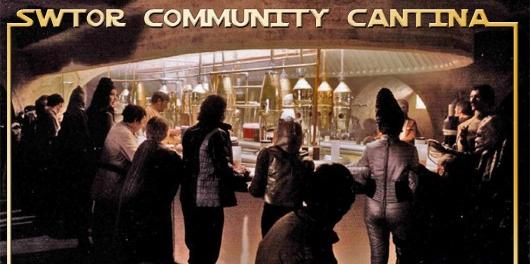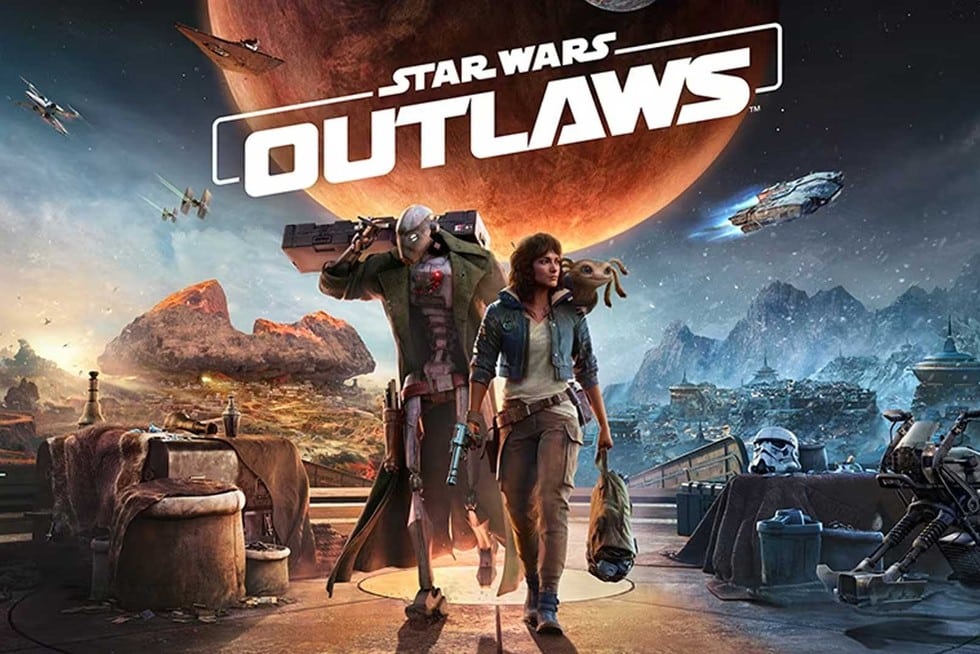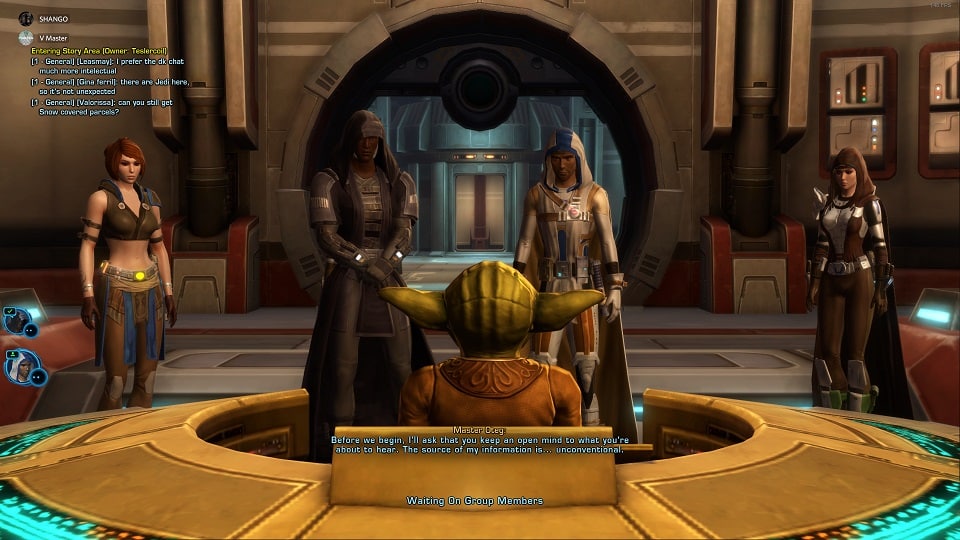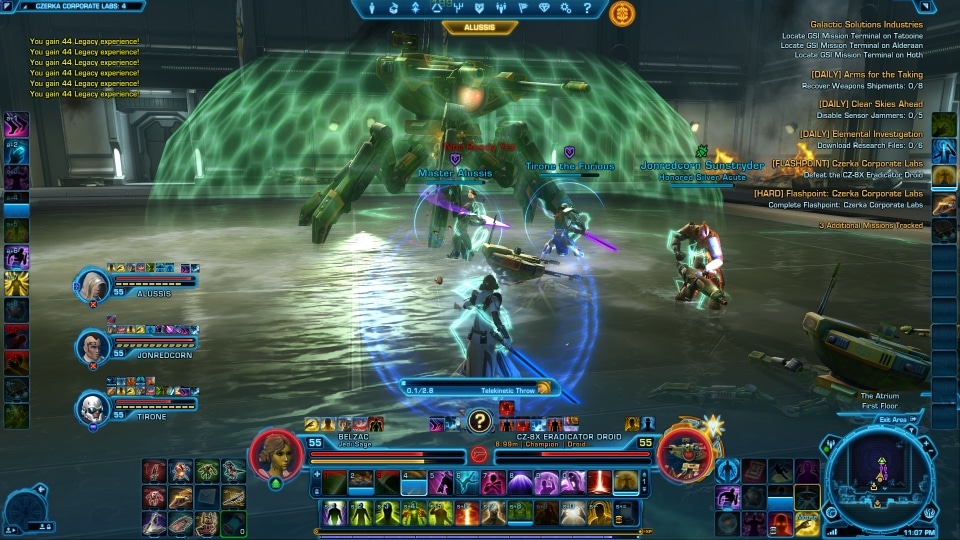Gambling, a long-standing and controversial element of many societies, has found its way into the virtual world of gaming, including Star Wars: The Old Republic (SWTOR). This article explores the ethical implications of gambling within SWTOR, focusing on issues of responsibility, potential exploitation, and moral concerns.
The Intersection of Gaming and Gambling
SWTOR, like many other online games, has incorporated gambling elements into its gameplay. Players can participate in virtual casinos, betting with in-game currency on games of chance. While this may seem like harmless fun, it raises several ethical questions.
Responsibility
The first ethical issue to consider is the responsibility of game developers and publishers. SWTOR’s developers have a duty to ensure their game is safe and enjoyable for all players. This includes considering the potential harm that can come from gambling. Problem gambling is a serious issue in real life, and the virtual world is not immune to its effects.
There are concerns that the inclusion of gambling in games like SWTOR could normalize or glamorize the activity, potentially leading to problem gambling in real life. Developers must consider whether they are doing enough to prevent this, such as implementing safeguards and warnings about the potential dangers of gambling.
Potential Exploitation
Another ethical concern is the potential for exploitation. In SWTOR, players can purchase in-game currency with real money, blurring the line between virtual and real-world gambling. This could potentially exploit vulnerable players, such as those with gambling addictions or minors who may not fully understand the implications of their actions.
Moreover, the use of loot boxes, which are essentially virtual grab bags that players can purchase with real or in-game currency, has been likened to gambling. The random nature of the rewards can encourage players to keep buying in the hope of getting a rare item, potentially leading to excessive spending.
Moral Concerns
Finally, there are broader moral concerns about the inclusion of gambling in SWTOR. Some argue that games should be a form of escapism, free from the vices and problems of the real world. Others believe that it’s inappropriate to include gambling in a game that is accessible to minors, even if it is with virtual currency.
Conclusion
While gambling in SWTOR and similar games can add an element of excitement and realism, it’s clear that it also raises significant ethical issues. Game developers and publishers must balance the desire to create engaging and profitable games with their responsibility to protect players. This includes considering the potential harm that can come from gambling elements and taking steps to mitigate these risks.
As players, we must also be aware of these issues and make informed decisions about our gaming habits. After all, the virtual world of gaming is not separate from reality, but a reflection of it.
FAQ
Q1: What is the main focus of the article? A: The article focuses on the ethical implications of gambling within the game Star Wars: The Old Republic (SWTOR), particularly issues of responsibility, potential exploitation, and moral concerns.
Q2: How does SWTOR incorporate gambling into its gameplay? A: SWTOR includes elements of gambling through virtual casinos where players can bet with in-game currency, and through the use of loot boxes, which players can purchase with real or in-game currency for random rewards.
Q3: What are the ethical concerns related to gambling in SWTOR? A: The ethical concerns include the responsibility of game developers to prevent harm from problem gambling, the potential for exploitation of vulnerable players, and broader moral concerns about the inclusion of gambling in a game accessible to minors.
Q4: How could gambling in SWTOR potentially lead to real-world problem gambling? A: There are concerns that the inclusion of gambling in games like SWTOR could normalize or glamorize the activity, potentially leading to problem gambling in real life. Also, the use of real money to purchase in-game currency blurs the line between virtual and real-world gambling.
Q5: What is the issue with loot boxes in SWTOR? A: Loot boxes, which players can purchase for random rewards, have been likened to gambling. The random nature of the rewards can encourage players to keep buying in the hope of getting a rare item, potentially leading to excessive spending.
Q6: What is the role of game developers in addressing these ethical concerns? A: Game developers have a responsibility to ensure their game is safe and enjoyable for all players. This includes considering the potential harm that can come from gambling elements and implementing safeguards and warnings about the potential dangers of gambling.
Q7: What can players do to address these ethical concerns? A: Players need to be aware of these issues and make informed decisions about their gaming habits. They should understand the potential risks associated with gambling elements in games and manage their in-game spending responsibly.









